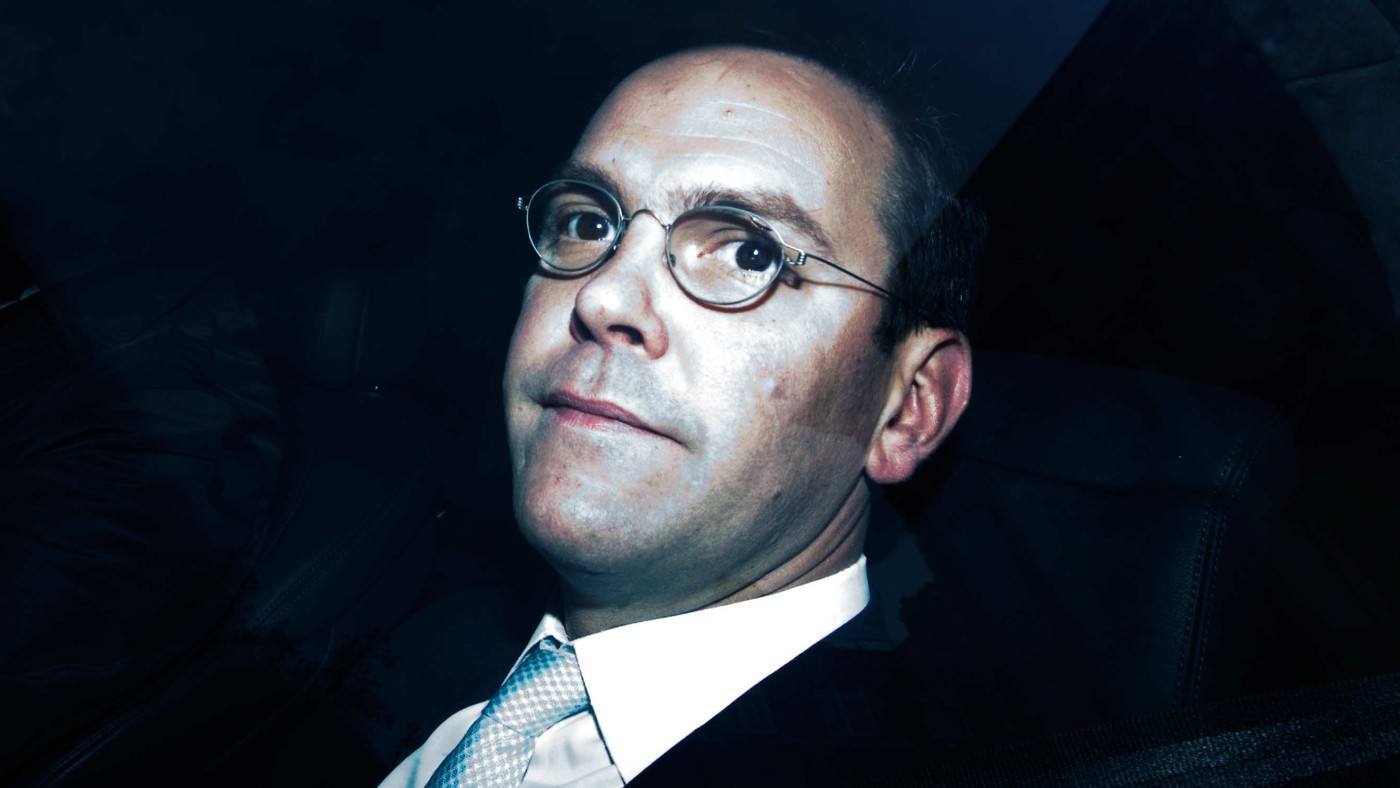I’m getting on a bit. And as you get older, things that happened in what you like to think of as the recent past, you realise with a jolt, actually took place quite a long time ago. The process is remorseless. Life speeds up and your personal past gets further away, until it is a series of sepia-tinged snapshots of interlinked encounters, with the oddest details standing out, such as this. It is the late 1990s. I’m standing at a reception at the Caledonian Hotel in Edinburgh with Donald Dewar (then Scottish First Minister), his advisor, and my friend and then boss Alan Cochrane. We are trying to have a conversation with Dewar about something that we must have thought mattered at the time, probably some silly newspaper row, or early devo scandal that is really not very important but seemed scandalous to me as the then political editor of Scotland on Sunday. Dewar’s nickname was “the gannet” because of his love of food. We are transfixed. We can’t concentrate on the conversation. As the waiter brings round trays of canapés, Dewar zeroes in on the satay chicken on skewers and he attacks a series of them vigour, eating at such a tremendous rate and with such dedication that it becomes impossible to take the political conversation seriously. Dewar spots another waiter with another tray of chicken satay and wanders off in pursuit.
Next, I am standing in front of an audience in the upstairs room of Deacon Brodie’s pub on Edinburgh’s Royal Mile. Again, it is the late 1990s. I have agreed to do my Tony Blair impersonation at a reception or revue being put on by Scottish Labour MSPs, for an audience of journalists and parliamentary aides and other ne’er do wells. My impression is ok, and I get a few laughs, especially when I make a joke about preventing Gordon Brown ever becoming Prime Minister. The Scottish Labour MSPs go wild, which struck me even then as odd. Then I get to the final part of my routine. I’ve got a joke about Donald Dewar, which when I wrote it was meant to be affectionately mocking. It doesn’t sound that way read out. It is something about eventually the time will come when Scottish Labour will have to choose a new leader to replace Dewar, “but hey, that’s weeks away”. It isn’t a very good joke, and it is only when I approach the punchline that I realise with horror that Dewar had just entered the room. His lanky frame fills the door at the back and our eyes meet as his colleagues roar with laughter at the idea of him being over the hill. The political editor of the Scottish Daily Mail told me afterwards that Dewar turned to him and said: “Who’s that?” Who’s that? That’s cruel. I must have interviewed him more than a dozen times. On being told my name he screwed up his face and and said: “I never liked that boy.”
I’m not expressing this very well. Novelists do it much better than political journalists. But I had a similar jolt today – about the passing of time and the realisation as you age that most of what us journalists and politicians do is completely inconsequential, in the grand scheme – when I heard the news that James Murdoch is returning to Sky TV as chairman.
Instantly, thanks to one of those Proustian involuntary memory experiences, I was transported this morning back to May 2010 at UCL in central London to a party hosted by James Murdoch when I worked for the Wall Street Journal. David Cameron had just become Prime Minister and the culture secretary Jeremy Hunt was anxious not to be seen by journalists making his way to the private dinner with Murdoch, although he really wanted to get to the dinner. It is a very silly story about power. You can read it on the Telegraph site.
But silliness is good. We Brits should be grateful that while important work is done by some politicians, which makes a difference for good and ill in the lives of millions, silliness remains a major part of the British system, thanks to centuries of stable democracy, history, the rule of law, healthy scepticism, the inherently ludicrous nature of journalism and the endlessly amusing attempts by politicians to pretend that they know any more than the rest of us what the hell is going on.


